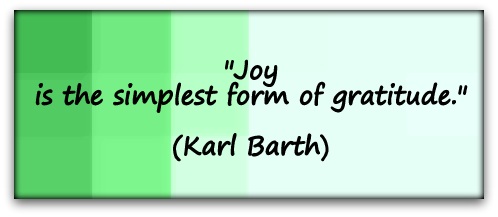In today’s guest post Lindsay West shares some of her experiences and knowledge in:
The importance of Values in enhancing confidence and self-esteem

Confidence and self-esteem are states of mind and being. They are attitudes based on the perception we have of ourselves. In my ten years of coaching with values, I have found that confidence and self-esteem can be consciously improved by focusing on specific values.
For many people, having low levels of confidence, can seriously hold them back and stop them from achieving what they want in life. It may have been an issue for them for much of their lives. It is often a reason that people turn to coaches for help.
Understanding our own core values gives us a sense of who we really are. It helps us to understand our lives, why we made the decisions we did and why we feel the way we do. This self-awareness helps us to feel more secure and grounded, thus giving us confidence and raising our self-esteem.
“It’s not hard to make decisions when you know what your values are.” Roy Disney
Values help us to be authentic. They guide us in behaving and communicating in ways that align with what is important to us. That authenticity makes us more attractive and easier to be around. We are more consistent and more ‘real’ in our interactions with others.
Increased inner strength, motivation and a sense of empowerment can be gained through using values.
Here are some values that your clients may hold as important, but may not be honouring in the way they behave towards themselves. These values, in my experience, make a big difference to levels of confidence and self-esteem:
Gratitude and Appreciation
Focusing on these values, encourage your clients to take time each day to think of all the things they have to be grateful for and all the things they appreciate in their lives, e.g. a beautiful flower, a gift, a loving relationship. This helps to dispel negative thoughts and works by focusing on the good things in life rather than on the things that are negative or missing.
Forgiveness
Sometimes people’s lack of confidence or self-esteem comes from things that have happened in their past, so encourage your clients to focus on this value and reflect on who they need to forgive, whether it’s themselves or others; what they need to say or do. This helps them to let go of the negative feelings that are keeping them stuck in that place of anger, bitterness or regret.
Acceptance
Help your client to reflect on this value; what it means to accept themselves and accept others for who they are. People who lack self-belief tend to think that they have to change themselves to fit in or be like everyone else, whereas if they accept themselves just as they are, they will feel more confident. Acceptance for many is the opposite of judgement and it is that feeling of being judged that detracts from their confidence. If they can accept themselves, then it is easier for others to do the same.
Respect and Love
Those with low self-esteem often have very low self-respect and find it hard to love themselves, or see themselves as lovable. Once they have been able to forgive themselves and accept themselves, they can move on to taking steps to start showing themselves some respect and love. This helps them to grow in confidence and enhances their self-esteem.
For example, putting in place some clear boundaries of what is ok and what is not, so people don’t take advantage of them in a relationship or in the workplace. Another example might be taking action to improve their self-care, perhaps through improvements to diet, exercise, healthcare, appearance.
Once they show respect and love for themselves, others are more likely to demonstrate these values in their behaviour towards them too, thus boosting their confidence and self-esteem further.
If you would like to learn more about Coaching with Values and other ways to use values in your coaching practice:
– my new book ‘Coaching with Values’ is available on Amazon
– you can train with me to be a Values Coach find out more
– email Lindsay at li*****@************co.uk or call 020 8373 1127 / 07795 975980
About Lindsay West
 Lindsay West, the founder of Values Coach UK, is a respected and successful coach, trainer and speaker, and has trained an expert team of Values Coaches in her powerful values-based methodology.
Lindsay West, the founder of Values Coach UK, is a respected and successful coach, trainer and speaker, and has trained an expert team of Values Coaches in her powerful values-based methodology.
 Over the past 10 years, Lindsay has developed the I-VALUE Coaching™ methodology which puts values at the heart of coaching practice, dramatically changing the way people think, speak and live, giving sustainable benefit.
Over the past 10 years, Lindsay has developed the I-VALUE Coaching™ methodology which puts values at the heart of coaching practice, dramatically changing the way people think, speak and live, giving sustainable benefit.
 In her book ‘Coaching with Values’, Lindsay West introduces the concept of values, explaining where our values come from and why they are important in coaching others to achieve success, happiness and fulfilment in their lives. She shares her experience and proven techniques for using values in coaching to make a lasting difference.
In her book ‘Coaching with Values’, Lindsay West introduces the concept of values, explaining where our values come from and why they are important in coaching others to achieve success, happiness and fulfilment in their lives. She shares her experience and proven techniques for using values in coaching to make a lasting difference.
You can discover the power of the I-VALUE Coaching™ methodology, through its comprehensive framework and detailed techniques which enable you to adopt a values-based approach to your own life and practice.
‘Coaching with Values’ leads you from the first exploration of values through to using values for setting goals, managing emotions and making change. Motivation, self-esteem, decision-making and reducing stress are all examined through the enlightening perspective of values.
Through her key role in the UK Values Alliance, Lindsay is pursuing her vision to promote the importance of values in society. She is driven by her passion to help others use their values to live happier, healthier and more successful lives.
Want to stay in touch?
– connect on LinkedIn
– follow me on Twitter
– sign up for my newsletter via www.valuescoach.co.uk
– join my LinkedIn group
– join the UK Values Alliance
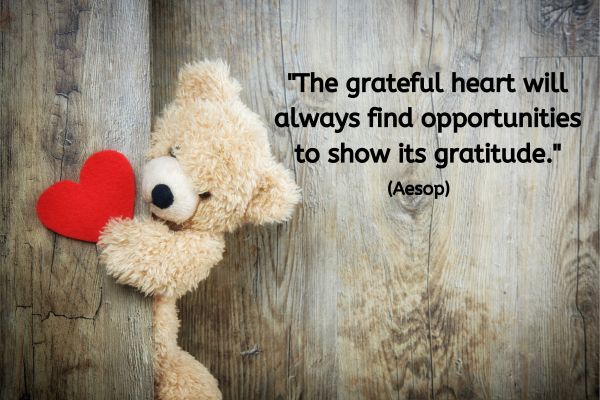

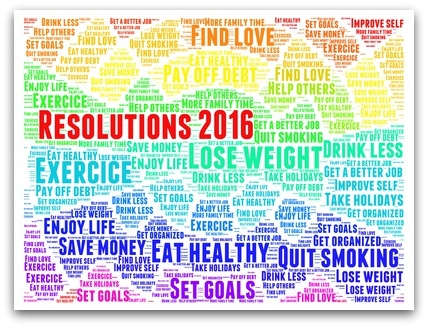
 Take a moment to consider your top 5 memories from 2015.
Take a moment to consider your top 5 memories from 2015. 

 Lindsay West, the founder of
Lindsay West, the founder of 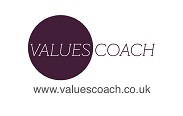 Over the past 10 years, Lindsay has developed the I-VALUE Coaching™ methodology which puts values at the heart of coaching practice, dramatically changing the way people think, speak and live, giving sustainable benefit.
Over the past 10 years, Lindsay has developed the I-VALUE Coaching™ methodology which puts values at the heart of coaching practice, dramatically changing the way people think, speak and live, giving sustainable benefit.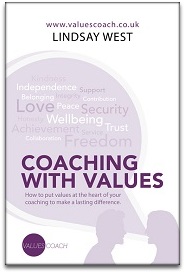 In her book ‘Coaching with Values’, Lindsay West introduces the concept of values, explaining where our values come from and why they are important in coaching others to achieve success, happiness and fulfilment in their lives. She shares her experience and proven techniques for using values in coaching to make a lasting difference.
In her book ‘Coaching with Values’, Lindsay West introduces the concept of values, explaining where our values come from and why they are important in coaching others to achieve success, happiness and fulfilment in their lives. She shares her experience and proven techniques for using values in coaching to make a lasting difference.
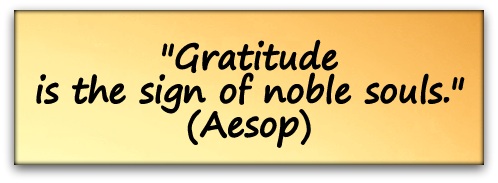

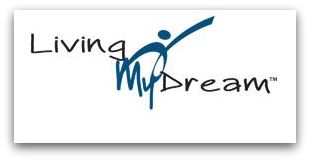
 Jen Waller is on a mission to support, nurture and encourage coaching skills and talents from non-coach to coach and beyond.
Jen Waller is on a mission to support, nurture and encourage coaching skills and talents from non-coach to coach and beyond.